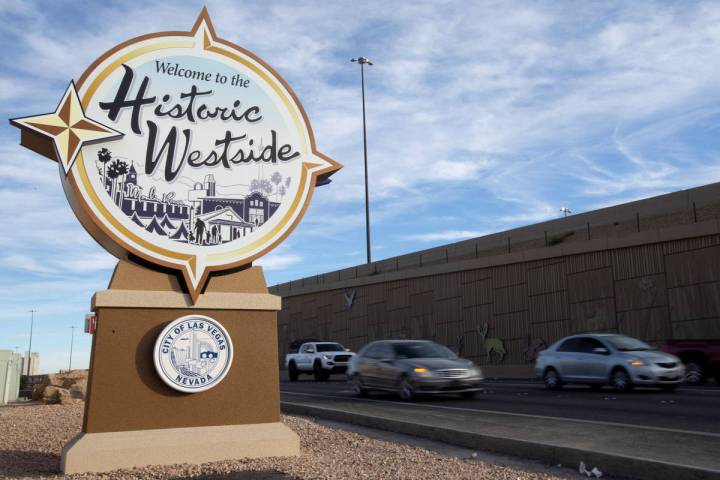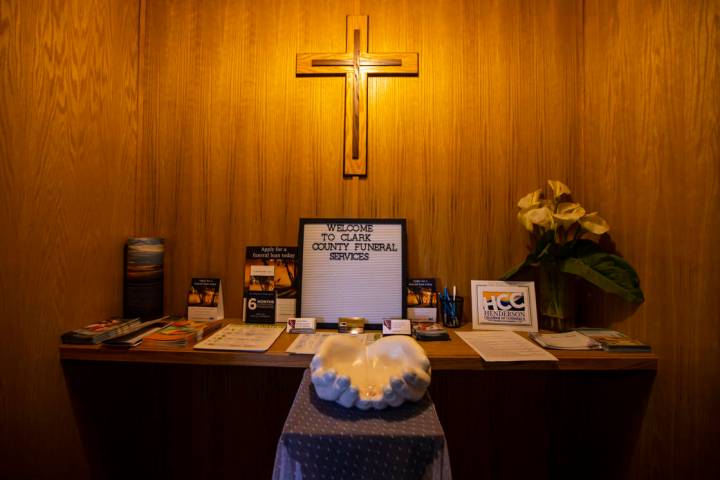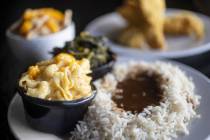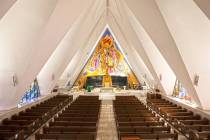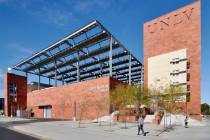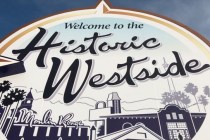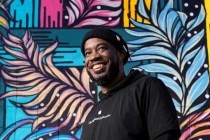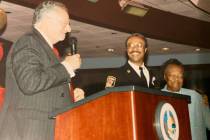This year’s celebration of Black History Month is as varied as Southern Nevada’s African American community.
Black History Month
Although the HUNDRED Plan is not the first redevelopment plan for the Historic Westside neighborhood over the years, there is newfound optimism that real change is coming.
The annual Taste and Sounds of Soul festival organized by Las Vegas Black Image Magazine is going virtual this year.
A chance encounter set Las Vegas resident Tyre Gray on a path to law school and in 2020 to become the first Black president of the Nevada Mining Association.
After his cousin died, Truman Brown recognized a need in the heart of the city’s Black community for access to affordable funeral services.
No exploration of Black history can be complete without a study of Black culinary traditions. In Las Vegas, those traditions originated and still flourish in the Historic Westside.
Paul R. Williams may not be a household name, but many of the homes, churches and other buildings he designed stand as testament to his impact in Las Vegas.
The Springs Preserve celebrates African-American contributions to Las Vegas history and culture with a virtual festival.
The live panel series, “We Need To Talk: Conversations on Racism for a More Resilient Las Vegas,” featured Clark County School District teachers and other panelists.
Las Vegas City Councilman Cedric Crear reflects on the development of the city’s Historic Westside district.
‘Bodies: The Exhibition’ at Luxor, which displays more than 275 human bodies and other specimens, has added exhibits highlighting Black physicians and other medical professionals.
Aaron Ford says being the first Black attorney general in Nevada history is “the honor of a lifetime.”
A Las Vegas mother has published a book to give little black girls and little black boys across the country the representation they need.
Martin Luther King Jr. should not be “someone who is unapproachable and who exists in this theoretical place,” says Mike Lang, a technology teacher at Dearing Elementary School.
A Mob Museum panel discussion will feature four African-American pioneers and chroniclers of the African-American experience here.




